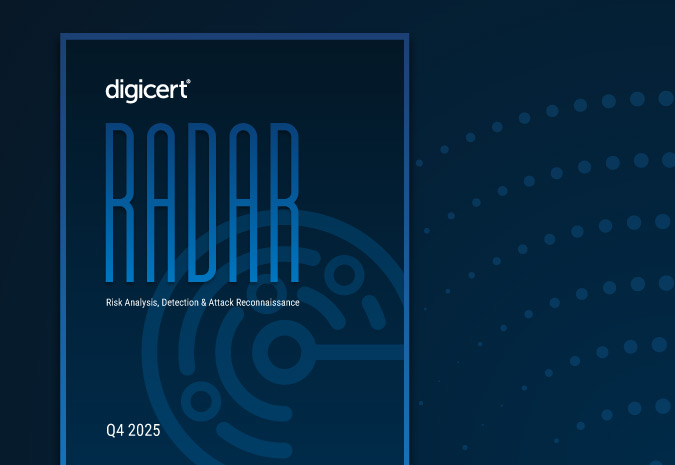-
Platform
Back
DigiCert ONE Integrations
-
Solutions
Back
-
Buy
Back
Signing Certificates
- Company
-
Resources
Back
-
Support
Back
Resources
Contact Support- Americas
- 1.866.893.6565 (Toll-Free U.S. and Canada)
- 1.801.770.1701 (Sales)
- 1.801.701.9601 (Spanish)
- 1.800.579.2848 (Enterprise only)
- 1.801.769.0749 (Enterprise only)
- Europe, Middle East Africa
- +44.203.788.7741
- Asia Pacific, Japan
- 61.3.9674.5500
- Americas
-
Language
- Contact us

Today, researchers announced the Sweet32 Birthday attack, which affects the triple-DES cipher. Although the OpenSSL team rated the triple-DES vulnerability as low, they stated “triple-DES should now be considered as ‘bad’ as RC4.” DigiCert security experts as well as other security pros recommend disabling any triple-DES cipher on your servers.
The Sweet32 Birthday attack does not affect SSL Certificates; certificates do not need to be renewed, reissued, or reinstalled.
About the Attack
The DES ciphers (and triple-DES) only have a 64-bit block size. This enables an attacker to run JavaScript in a browser and send large amounts of traffic during the same TLS connection, creating a collision. With this collision, the attacker is able to retrieve information from a session cookie.
The triple-DES cipher is supported by a vast majority of HTTPS servers and all major web browsers—around 600 of the most-visited websites. Fortunately, most browsers opt to use AES rather than triple-DES when making an HTTPS connection.
How to Mitigate the Sweet32 Birthday Attack
To mitigate, follow one of these steps:
- Disable any triple-DES cipher on servers that still support it
- Upgrade old servers that do not support stronger ciphers than DES or RC4
OpenSSL Fix
Because OpenSSL rated the Sweet32 Birthday attack as "Low Severity," they put the fix into their repository. For more information, see the Sweet32 Issue, CVE-2016-2183 blog or the Sweet32 website.
Featured Stories

TLS Certificate Lifetimes Will Officially Reduce to 47 Days
-
Company
-
My Account
-
Resources
-
Sites
-
© 2026 DigiCert, Inc. All rights reserved.
Legal Repository Audits & Certifications Terms of Use Privacy Center Accessibility Cookie Settings




